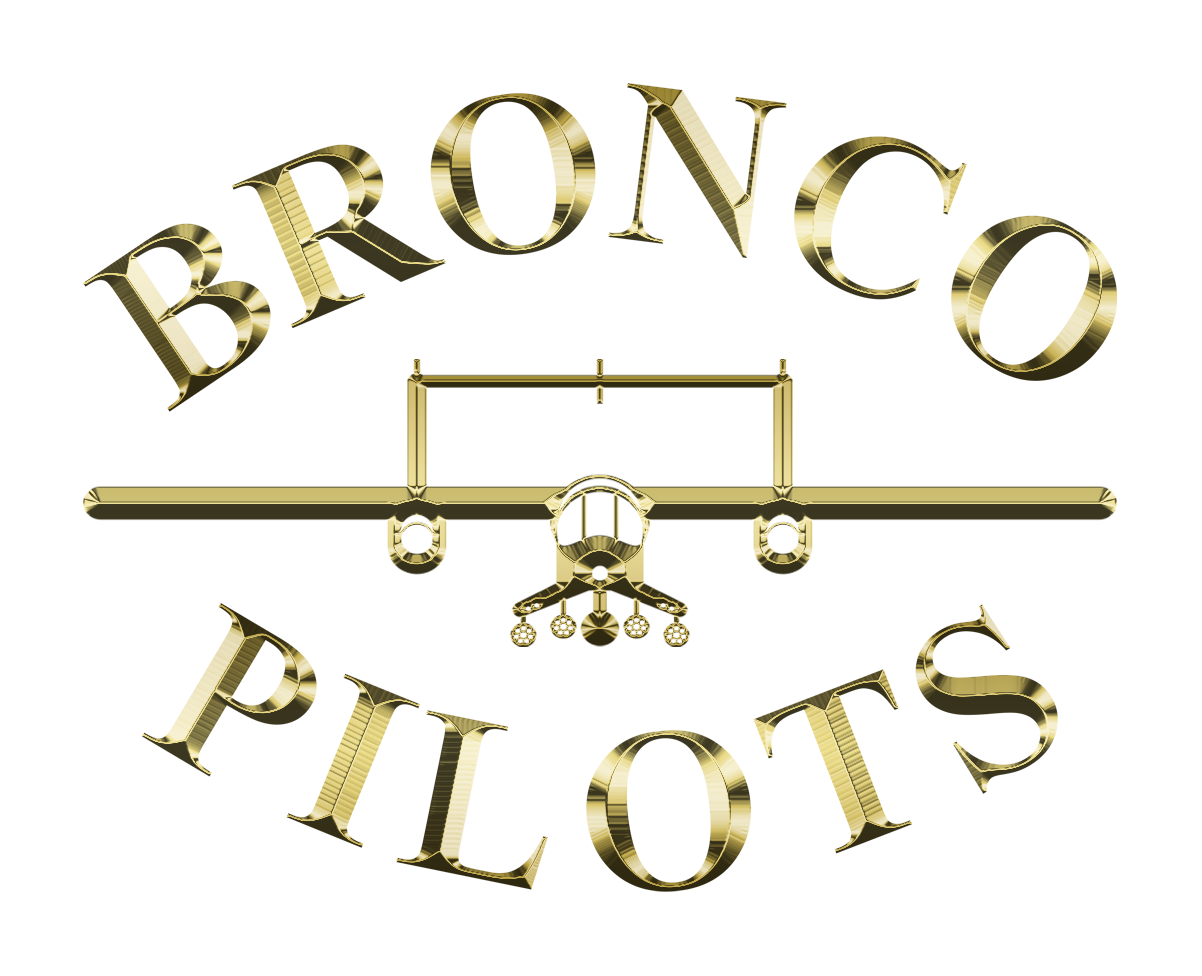Transitioning from the battlefield to civilian life after the Vietnam War posed immense challenges for veterans. It was a time of uncertainty that demanded resilience and support.
One major hurdle was dealing with PTSD or post-traumatic stress disorder. This mental health issue haunted many veterans long after the war, causing anxiety and fear even in safe environments. For them, adapting to daily life became overwhelming.
Another struggle was finding a sense of belonging. Military life is structured, with clear rules and routines. But civilian life felt disorienting for many veterans who struggled to reconnect with a world unaware of their experiences.
Moreover, discovering a new purpose was daunting. The military instills a strong sense of duty and direction. However, returning veterans often felt lost and needed help with their next steps. They had to rediscover their passions and find meaningful ways to contribute to society.
Despite these challenges, many veterans found solace and support through counseling, therapy, and community programs. These resources helped them develop coping strategies for managing PTSD and connect with others who understood their journey. Over time, some veterans uncovered new passions and goals, showing that life after military service can be fulfilled with the proper support.
In the book “Bronco Pilots,” the struggles of Marine Corps pilots during the war reflect the broader challenges faced by veterans. The story echoes the difficulties of adapting to civilian life, wrestling with PTSD, and searching for purpose beyond the war zone. It’s a testament to the resilience and strength of those who serve and a reminder of the support they need as they navigate life after war.


